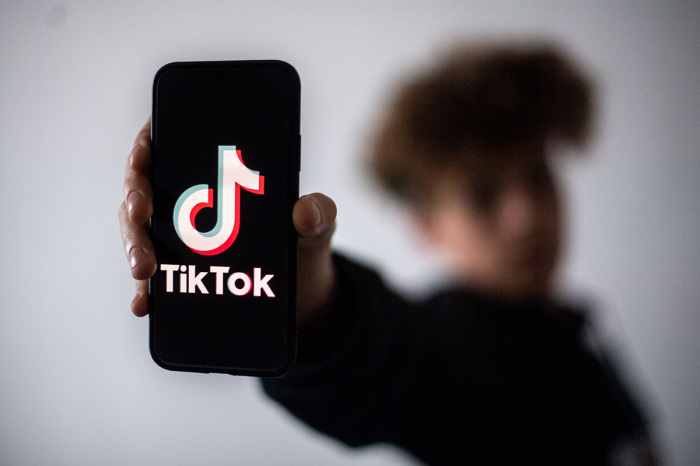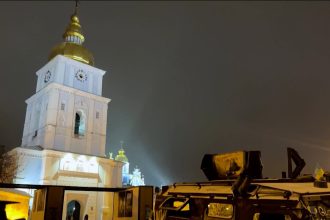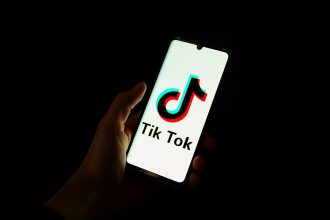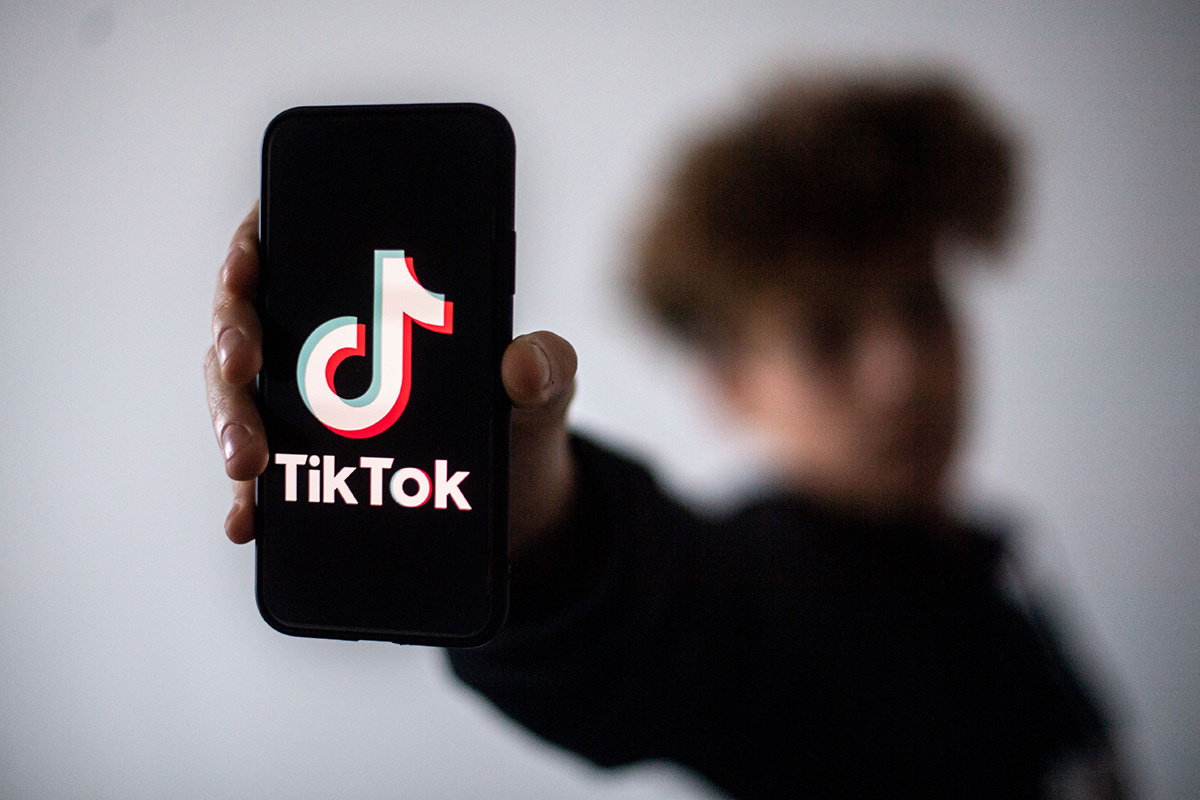
The United States Supreme Court has upheld a federal law mandating that TikTok divest from its Communist Chinese ownership or be banned in the country.
In a unanimous per curiam opinion released Friday morning, the Supreme Court concluded that the Protecting Americans from Foreign Adversary Controlled Applications Act was constitutional.
“There is no doubt that, for more than 170 million Americans, TikTok offers a distinctive and expansive outlet for expression, means of engagement, and source of community. But Congress has determined that divestiture is necessary to address its well-supported national security concerns regarding TikTok’s data collection practices and relationship with a foreign adversary,” the justices stated.
“For the foregoing reasons, we conclude that the challenged provisions do not violate petitioners’ First Amendment rights. The judgment of the United States Court of Appeals for the District of Columbia Circuit is affirmed.”
Launched in 2016 by ByteDance, TikTok is a popular video-sharing social media app that reportedly has around 170 million monthly users in the U.S. and over 1 billion users globally.
The app has garnered controversy over its impact on youth mental health, questions about its ties to the Communist Chinese government, and concerns over propagating widespread misinformation on an assortment of topics.
In April, President Joe Biden signed a bipartisan law requiring TikTok’s Chinese owner, ByteDance, to sell the social media app within the next 270 days or be banned nationally.
The law barred TikTok and other “foreign adversary controlled applications,” including apps controlled by the People’s Republic of China, from being included in United States-based app stores.
ByteDance and TikTok, along with others, filed complaints against the Biden administration, arguing, among other things, that the law violated the First Amendment of the U.S. Constitution.
In December, a three-judge panel of the U.S. Court of Appeals for the District of Columbia Circuit ruled in favor of the ban, with Senior Judge Douglas Ginsburg authoring the opinion.
“The Act was the culmination of extensive, bipartisan action by the Congress and by successive presidents. It was carefully crafted to deal only with control by a foreign adversary,” wrote Ginsburg.
“[The Act] was part of a broader effort to counter a well-substantiated national security threat posed by the PRC. Under these circumstances, the provisions of the Act that are before us withstand the most searching review.”
Ginsburg added that the government’s interest in stopping Communist China’s “efforts to collect data of and about persons in the United States” and “covertly manipulating content on TikTok” each constituted a “compelling national security interest.”
Last Friday, the U.S. Supreme Court heard oral arguments in the case, with attorney Noel Francisco arguing the litigation on behalf of TikTok and other plaintiffs.
“TikTok incorporated as a U.S. company speaking in the United States. The Act requires it to go dark unless ByteDance executes a qualified divestiture. Whether you call that a ban or a divestiture, one thing is clear: It’s a burden on TikTok’s speech,” said Francisco.
“The government has no valid interest in preventing foreign propaganda. And its fallback that it seeks merely to prevent covertness makes no sense since that could be addressed with a risk disclosure. The government’s real target, rather, is the speech itself, its fear that Americans, even if fully informed, could be persuaded by Chinese misinformation. That, however, is a decision that the First Amendment leaves to the people.”
Solicitor General Elizabeth Prelogar of the U.S. Department of Justice argued in favor of the ban, telling the Supreme Court that “the Chinese government’s control of TikTok poses a grave threat to national security.”
“TikTok collects unprecedented amounts of personal data,” Prelogar said. “TikTok’s immense data set would give the PRC a powerful tool for harassment, recruitment, and espionage.”
“On top of that, the Chinese government’s control over TikTok gives it a potent weapon for covert influence operations … no matter what level of First Amendment scrutiny applies, this Act is valid because it’s narrowly tailored to address compelling national security threats.”







